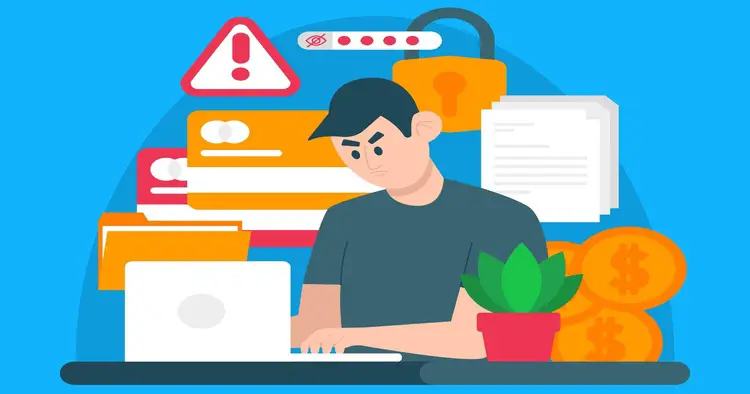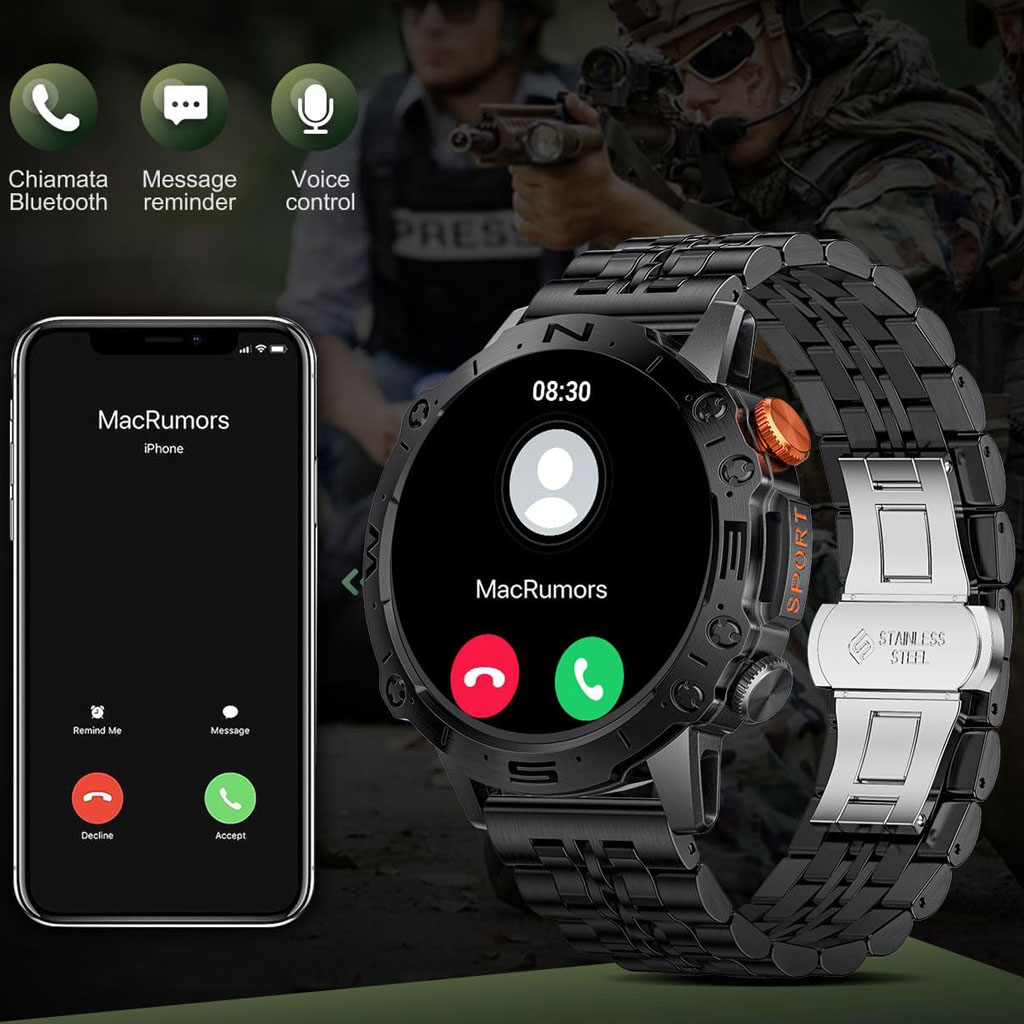
Last Updated | December 6, 2023
In today’s digital-first economy, the importance of a well-designed, functional e-commerce platform cannot be overstated. This is especially true in the Shopify ecosystem, where skilled developers play a crucial role in crafting online stores that are aesthetically pleasing and conversion-optimized. However, hiring the right Shopify developer is intricate, and missteps can prove expensive. This blog post aims to highlight the top five pitfalls to avoid when looking to hire Shopify developers.
Mistake 1: Not Establishing Clear Requirements
Establishing clear and precise requirements is the cornerstone of any successful Shopify project. A comprehensive understanding of your specific needs is fundamental. Lacking well-defined project specifications can lead to what’s known as ‘scope creep’ – a gradual expansion of project boundaries that often results in delays and cost overruns, potentially derailing the entire project. To counteract this, it’s essential to detail your requirements meticulously. This includes articulating the exact functionalities your store needs, the design elements that resonate with your brand identity, and a realistic timeline for project completion. Industry data suggests that projects with well-articulated requirements are 50% more likely to be delivered on time and 45% more likely to meet their intended purpose than those without.
Moreover, a survey by the Project Management Institute indicates that 37% of project failures are attributed to a lack of clearly defined objectives and milestones. Hence, clearly limiting these aspects can significantly reduce project failure risk. Another key statistic to consider is that precise project specifications can enhance the efficiency of the development process by up to 30%. This increase in efficiency ensures that the project stays on track and contributes to a more cost-effective development process, as clear guidelines can reduce the time spent on revisions and adjustments.
In addition to setting clear objectives, incorporating market trends and user expectations into your requirements can further optimize the project’s outcome. For instance, with mobile commerce expected to account for 72.9% of e-commerce sales by 2021, ensuring your Shopify store is optimized for mobile users should be a key consideration in your project specifications.
Read Also: Shopify Development Roadmap: Key Milestones and Best Practices
Mistake 2: Overlooking the Developer’s Previous Work
A developer’s portfolio is not just a collection of past projects but a vital testament to their skills, craftsmanship, and suitability for your project. This portfolio offers a window into the developer’s quality of work, design aesthetic, and, importantly, their experience with projects akin to yours.
Overlooking a portfolio’s rich insights can result in choosing a developer whose skills and experience do not align with your project’s needs. It’s imperative to thoroughly review a developer’s portfolio, scrutinizing their previous work’s quality, style, and relevance. Key questions to ask include: Have they worked on e-commerce platforms before? Do their past projects align with your vision for your Shopify store?
This due diligence is backed by industry data, indicating that developers with direct experience in e-commerce can enhance the effectiveness of sales-driven website designs by as much as 20%. Furthermore, a recent survey revealed that developers led 70% of successful e-commerce projects with a strong portfolio in the specific niche of the client’s business. The relevance of a developer’s experience cannot be overstated. For instance, if your project involves integrating advanced features like AI-driven recommendations or sophisticated inventory management systems, seeing these elements in a developer’s past work can be a reassuring sign of their ability to deliver.
Moreover, in an era where user experience is king, a developer’s proficiency in creating intuitive, user-friendly designs is paramount. Statistics show that a well-designed user interface could raise your website’s conversion rate by up to 200%, which is often evident in a developer’s portfolio.
Mistake 3: Underestimating the Importance of Communication Skills
Often overlooked in the shadow of technical prowess, practical communication skills in a developer are crucial for the success of your project. It’s not just about their ability to code; the developer must fully grasp your vision, consistently update you on the progress, and demystify complex technical jargon into understandable language.
The consequences of inadequate communication are more than just minor hiccups. They can lead to significant project delays, often extending timelines by an estimated 15-20%. A study by the Project Management Institute revealed that ineffective communication hurt successful project execution by as much as 56%. Moreover, communicating effectively has become even more critical in a rapidly evolving digital landscape. As per recent industry trends, about 30% of project failures are attributed to poor communication. This underlines the importance of having a developer who understands your requirements and keeps you adequately informed and involved throughout the development process.
In addition to affecting timelines, poor communication can also inflate project costs. Research indicates that for every $1 billion spent on projects, $75 million is put at risk due to poor communication strategies. This stark figure highlights the economic impact and underscores why prioritizing communication skills is as important as technical expertise.
Furthermore, considering the dynamic nature of e-commerce and tech projects, where changes and pivots are common, the need for clear and continuous communication becomes even more pronounced. A developer’s ability to convey complex changes and adjustments promptly and clearly can be the difference between a project that adapts and succeeds and one that falters.
Mistake 4: Disregarding the Need for Ongoing Support
Often, the focus is heavily placed on a Shopify site’s development and launch phases, but what comes after is equally critical. The need for ongoing support post-launch, encompassing updates, troubleshooting, and enhancements, is a crucial aspect that should not be overlooked.
Neglecting the importance of continuous support can leave your site vulnerable and unsupported in the face of technical issues or updates. The role of a developer in your project extends beyond the initial launch; it involves ensuring the site remains functional, secure, and up-to-date. Recent studies have shown that approximately 25% of e-commerce sites need immediate support after going live to maintain optimal functionality. This statistic underlines the importance of having a developer on hand for post-launch support.
Moreover, the digital landscape constantly evolves, with new technologies and updates emerging regularly. Research indicates that sites that regularly update and optimize their features see a 15-20% increase in user engagement and sales. This highlights the need for ongoing development support to integrate new features and stay ahead in a competitive market.
In the realm of e-commerce, where user experience is paramount, continuous optimization and quick resolution of any issues are essential. Data suggests that 50% of online consumers expect a site to be updated with new features or content at least once a month. Without ongoing support, meeting these consumer expectations becomes a challenge. Additionally, the security aspect cannot be ignored. Regular updates and maintenance are vital to safeguard your site from rising cybersecurity threats. Statistics reveal that e-commerce sites that do not receive regular updates are 30% more likely to face security breaches.
Mistake 5: Ignoring Cultural Fit
While the technical expertise of a Shopify developer is undoubtedly necessary, the significance of a cultural fit between you and the developer cannot be understated. Beyond the realms of technical proficiency lies the realm of interpersonal and work style compatibility, which plays a pivotal role in the smooth progression of a project. A mismatch in work styles, values, or communication approaches can lead to unnecessary challenges and inefficiencies in project execution. It’s crucial to assess whether the developer’s approach to work, deals, and communication style align with your business’s. This alignment goes beyond mere preference; it directly impacts the efficacy and harmony of the project workflow.
Recent surveys and project management studies underscore the value of this cultural alignment. Projects that exhibit a strong cultural fit between the client and service provider are shown to have a 35% higher efficiency rate. This is because when both parties are in sync, there is a seamless flow of ideas, feedback, and solutions, reducing friction and misunderstandings that can derail a project. Moreover, in the dynamic e-commerce environment, where adaptability and quick decision-making are critical, having a developer who shares your business’s ethos and work style is even more critical. Data from industry analysis reveals that projects with a high degree of cultural compatibility have a 70% greater chance of being completed on time and within budget.
Additionally, the importance of cultural fit extends to employee satisfaction and retention rates. A study by Deloitte found that organizations with a high level of cultural compatibility saw a 30% decrease in employee turnover. This is relevant when considering long-term collaborations with a Shopify developer, as an excellent cultural fit ensures a more stable and enduring working relationship.
Read Also: How Much Does It Cost To Build A Shopify App
Conclusion
The decision to hire Shopify developers is pivotal for your e-commerce venture. By avoiding these common errors, you can ensure a choice that leads to a fruitful partnership and a successful online storefront. Remember, clarity in requirements, scrutinizing past work, prioritizing communication, considering ongoing support, and ensuring a cultural fit are all essential in this journey. With these guidelines, you can select a Shopify developer that aligns perfectly with your e-commerce aspirations.
FAQ’s
Question 1: What’s the most common mistake when hiring a Shopify developer?
The most common mistake is not defining clear project requirements. Without specific goals and needs, it’s challenging to find a developer who can effectively meet your expectations.
Question 2: How important is it to review a developer’s portfolio?
Extremely important. A portfolio gives you insight into their past work, style, and experience level, helping you assess if they’re the right fit for your project.
Question 3: Should I prioritize technical skills over communication skills in a developer?
Both are crucial. While technical expertise is essential, effective communication ensures your ideas are understood and implemented as envisioned.
Question 4: How can I ensure the developer understands my project needs?
Provide a detailed project brief, hold a thorough discussion about your goals, and ask for their feedback to ensure they have a clear understanding of your vision.
Question 5: Is it necessary to hire a developer with Shopify-specific experience?
Yes, hiring someone with Shopify-specific experience is beneficial because they will be more familiar with the platform’s nuances and capabilities.
Question 6: What’s the risk of not considering ongoing support after the website launch?
Without ongoing support, you may face challenges in updating, troubleshooting, or optimizing your site post-launch, which can affect its performance and user experience.
Question 7: How do I assess a developer’s problem-solving abilities?
Ask about challenges they’ve encountered in past projects and how they resolved them. This can give you insight into their problem-solving skills and adaptability.
Question 8: Why is understanding a developer’s working style important?
Understanding their working style ensures that it aligns with your business culture and work ethics, which is crucial for a smooth, collaborative relationship.
Question 9: Can I negotiate the price with a Shopify developer?
Yes, you can negotiate, but remember that quality often comes at a cost. It’s important to balance affordability with the level of skill and experience required for your project.
Question 10: What should I do if a developer lacks certain skills but is a good cultural fit?
If they’re a good cultural fit and show eagerness to learn, you might consider their potential for growth. However, ensure they have the foundational skills necessary for your project.
Source: https://ecommerce.folio3.com/blog/mistakes-to-avoid-when-hiring-shopify-developer/






